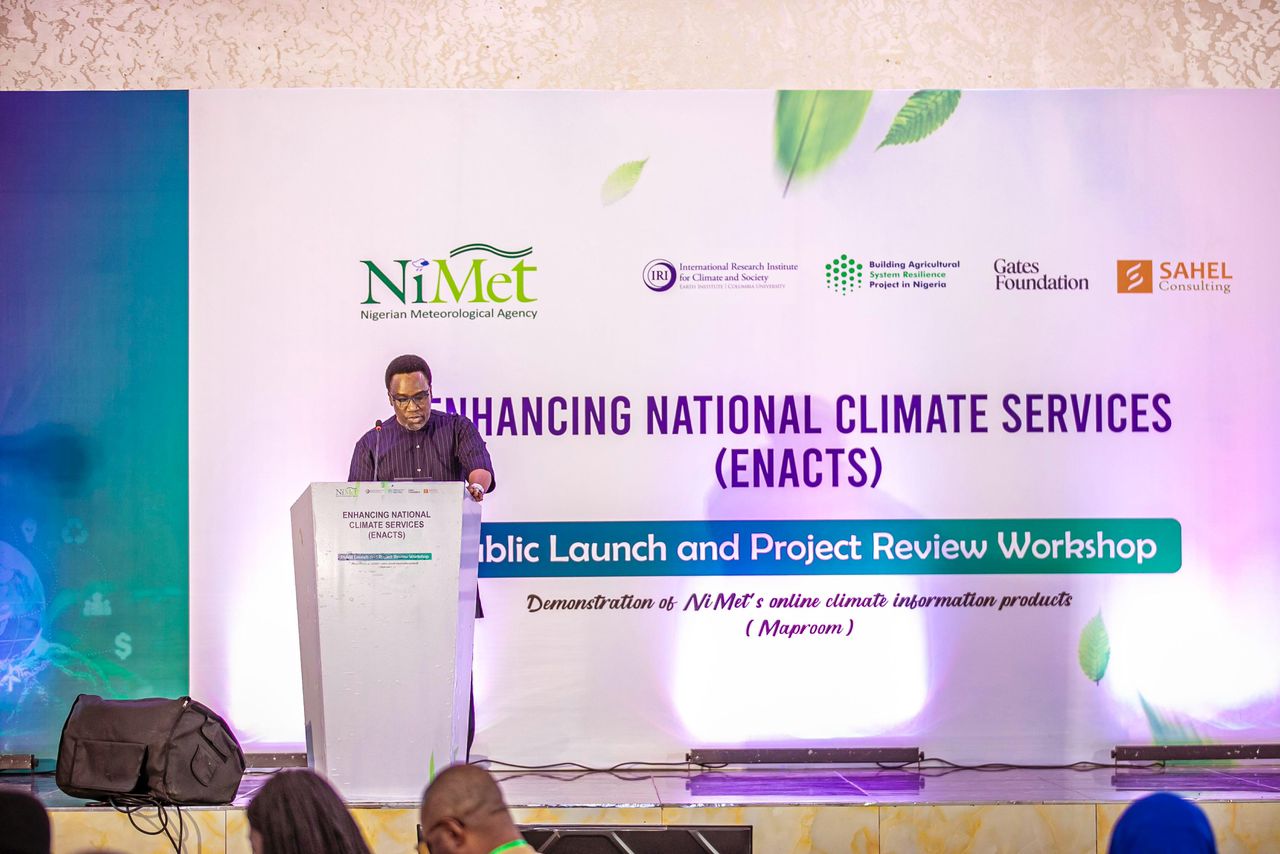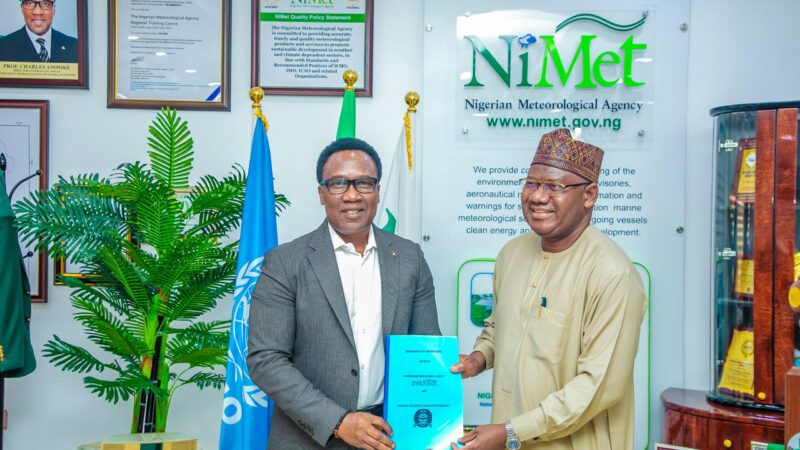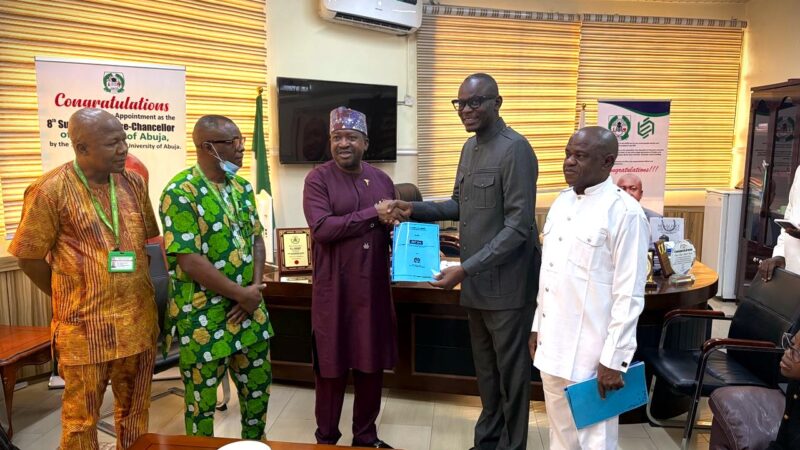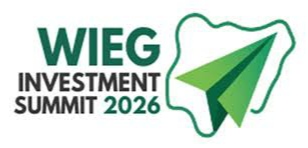NiMet, Sahel Consulting Unveil ENACTS Initiative to Revolutionise Climate Data Access in Nigeria

The Nigerian Meteorological Agency (NiMet), in partnership with Sahel Consulting, the International Research Institute for Climate and Society (IRI), and the Bill & Melinda Gates Foundation, has launched the Enhancing National Climate Services (ENACTS) initiative, designed to transform access to climate information and strengthen resilience across Nigeria’s critical sectors.
The initiative was officially unveiled during a two-day event in Abuja, convened under the Building Agricultural Systems Resilience in Nigeria Project, which is funded by the Gates Foundation.
The event also featured a comprehensive Project Review Workshop, drawing participants from agriculture, health, water resources, blue economy, disaster management, and other climate-sensitive sectors.
At the heart of the ENACTS initiative is the integration of ground-based observations with satellite data to produce reliable, user-friendly climate information.
A major highlight of the launch was the introduction of NiMet’s Maproom Portal, an interactive online platform that offers over 40 years of high-resolution climate data at a 4km grid resolution. The Maproom provides stakeholders with dynamic tools for analysing and visualising climate trends, thereby enabling more informed planning and decision-making across various sectors.
In his keynote address, the Director-General/Chief Executive Officer of NiMet, Prof. Charles Anosike, hailed the initiative as “the presentation of a vision brought to life through consistency, partnership, and a shared commitment to national development.” He described ENACTS as a “transformative step in making climate information accessible, relevant, and actionable for all Nigerians.”
Prof. Anosike further stressed that the application of the Maproom transcends individual sectors of the economy, with particular significance for agriculture. He explained that the platform aligns with President Bola Ahmed Tinubu’s Renewed Hope Agenda, which prioritises food and nutrition security.
According to him, farmers can now access precise data on rainfall patterns, temperature forecasts, drought risks, and dry spell alerts, empowering them to adopt climate-smart practices that will boost productivity and strengthen national food security.
Beyond agriculture, the initiative is expected to enhance early warning systems, protect livelihoods from climate-induced disasters, and reinforce Nigeria’s preparedness against environmental shocks.
During the workshop sessions, stakeholders engaged in sector-specific discussions, reviewing project milestones and exploring strategies for scaling up the initiative.
Many expressed optimism that ENACTS would serve as a catalyst for innovation, resilience building, and improved service delivery in climate-sensitive sectors.
By bridging Nigeria’s climate information gap, ENACTS is projected to advance climate-smart practices, bolster disaster risk management, and consolidate NiMet’s position as a continental leader in meteorological services.
It also aligns with the Federal Government’s broader goals of sustainable development and resilience-building in the face of climate change.







